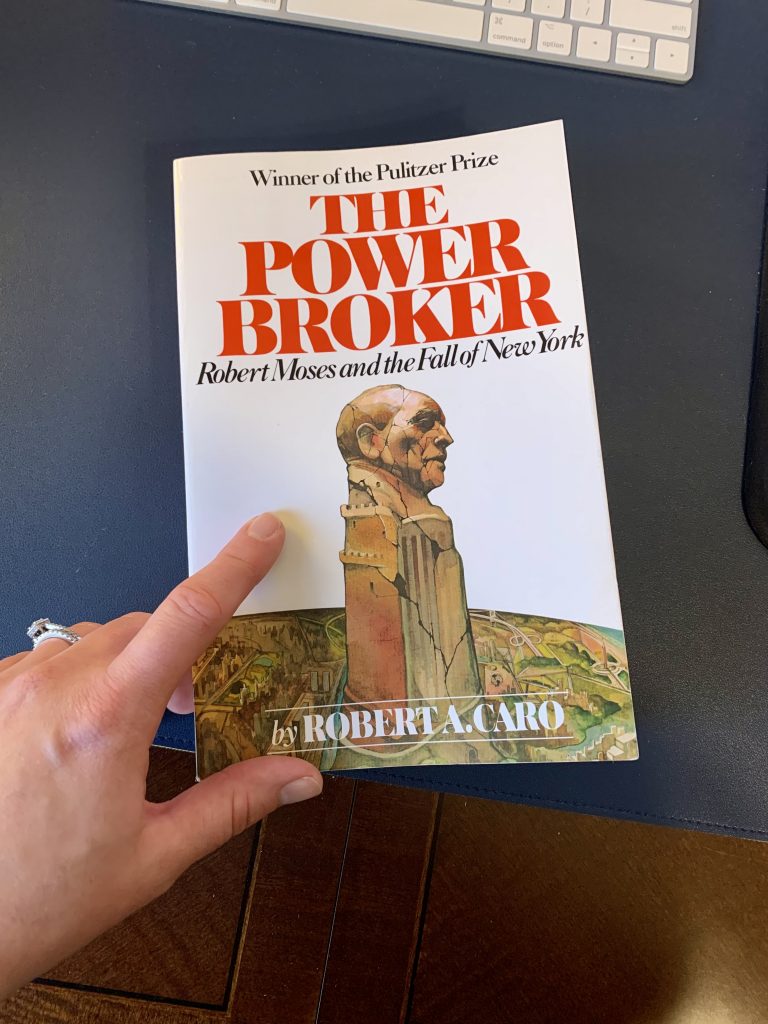You have no competition
We feel lousy when we think other people are doing better than us. We feel superior when we think we are doing better than other people. Basically, as Ryan Holiday put it, there are only two ways that comparing yourself to others can make you feel: crappy or egotistical.
Comparing ourselves to others is the gateway to competing with them. And if we’re not careful, we end up competing for the sake of competing. Instead of a means to an end, it becomes an end in itself. We end up playing a game we don’t actually care about—and dulling our shine to stay in it.
Lamborghini’s Refusal To Compete
Before becoming one of the world’s best carmakers, mechanic Ferruccio Lamborghini built tractors. He also drove and modified Ferraris. Souping up his red Ferrari 250 GTE Pinin Farina Coupe, he would speed past the best drivers in the world—Ferrari test drivers—and leave them in disbelief. But, as Luke Burgis writes in Wanting, Lamborghini had been having mechanical problems with his Ferrari. One of those problems was the clutch. It didn’t feel right. Upon inspection, he realized the clutch in his $87,000 luxury car was the same clutch he used in his $650 tractors. When he brought this to the attention of Ferrari founder, Enzo Ferrari, he would hear nothing of it. So, Lamborghini decided he would make his own luxury car.
He founded Automobili Lamborghini in 1963 and made his first car in 1964. Four years later, in 1968, he released the Miura P400s—an iconic car that both Frank Sinatra and Miles Davis bought. With the success of the Miura, Lamborghini’s engineers pleaded with him to make a car that could hold its own in a race against a Ferrari. But Lamborghini refused. While he knew that, to a point, competition could be good (after all, Lamborghini used Ferrari’s inadequate clutch as fuel to start his own company), he also knew the dangers of rivalries and how quickly competition could devolve into one. So he didn’t give in. (Future leaders of Automobili Lamborghini were eventually lured into the race car business, but not while Lamborghini was still alive and running things.) Rivalries, he knew, had no end. Lamborghini invested his energy into opportunities and craftsmanship. The result was that he built not only a successful business but also, on his property, a barn that he filled with his favorite models of Lamborghini automobiles. And he was able to spend the last twenty years of his life in peace, giving fun tours of his favorite cars to visitors.
How To Have a Good Shot at Building the Best
Builder of the world’s best racing shells for crew teams, George Pocock was “all but born with an oar in his hand.” Both his paternal and maternal grandfathers were competitive boatbuilders. His father built competitive racing shells for Eton College. George followed in his family’s footsteps by combining his boat knowledge with his peerless love of craftsmanship. At the height of his career, he was building and supplying racing shells to almost every top crew university in the country (including Washington University, whose crew team won a stunning victory at the 1936 Berlin Olympics). His racing shells were superior to others. Each shell was built with care and patience—possibly because of the advice his father had given him when he was younger: “No one will ask you how long it took to build; they will only ask who built it.”
Pocock, like Lamborghini, would not compromise his craftsmanship for competition. When a crew coach all but demanded Pocock reduce his $1,150 per-shell price, arguing that other racing shells weren’t nearly as expensive, Pocock wouldn’t budge. He flatly refused to lower his price to compete with other suppliers. “I cannot build all of them,” he said, “but I can still have a good shot at building the best.”
Pocock, like Lamborghini, would not compromise his craftsmanship for competition. When a crew coach all but demanded Pocock reduce his $1,150 per-shell price, arguing that other racing shells weren’t nearly as expensive, Pocock wouldn’t budge. He flatly refused to lower his price to compete with other suppliers. “I cannot build all of them,” he said, “but I can still have a good shot at building the best.”
False Desires are Limitless
Seneca said that natural desires are limited, but false ones are limitless. Vanity, pleasure-seeking, rivalries—all these are limitless. How, then, are nature’s desires satisfied? By sticking to your own reasoned principles. “When you would know whether that which you seek is based upon a natural or upon a misleading desire, consider whether it can stop at any definite point,” Seneca said. “If you find, after having traveled far, that there is a more distant goal always in view, you may be sure that this condition is contrary to nature.”
